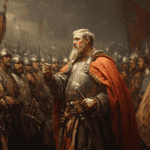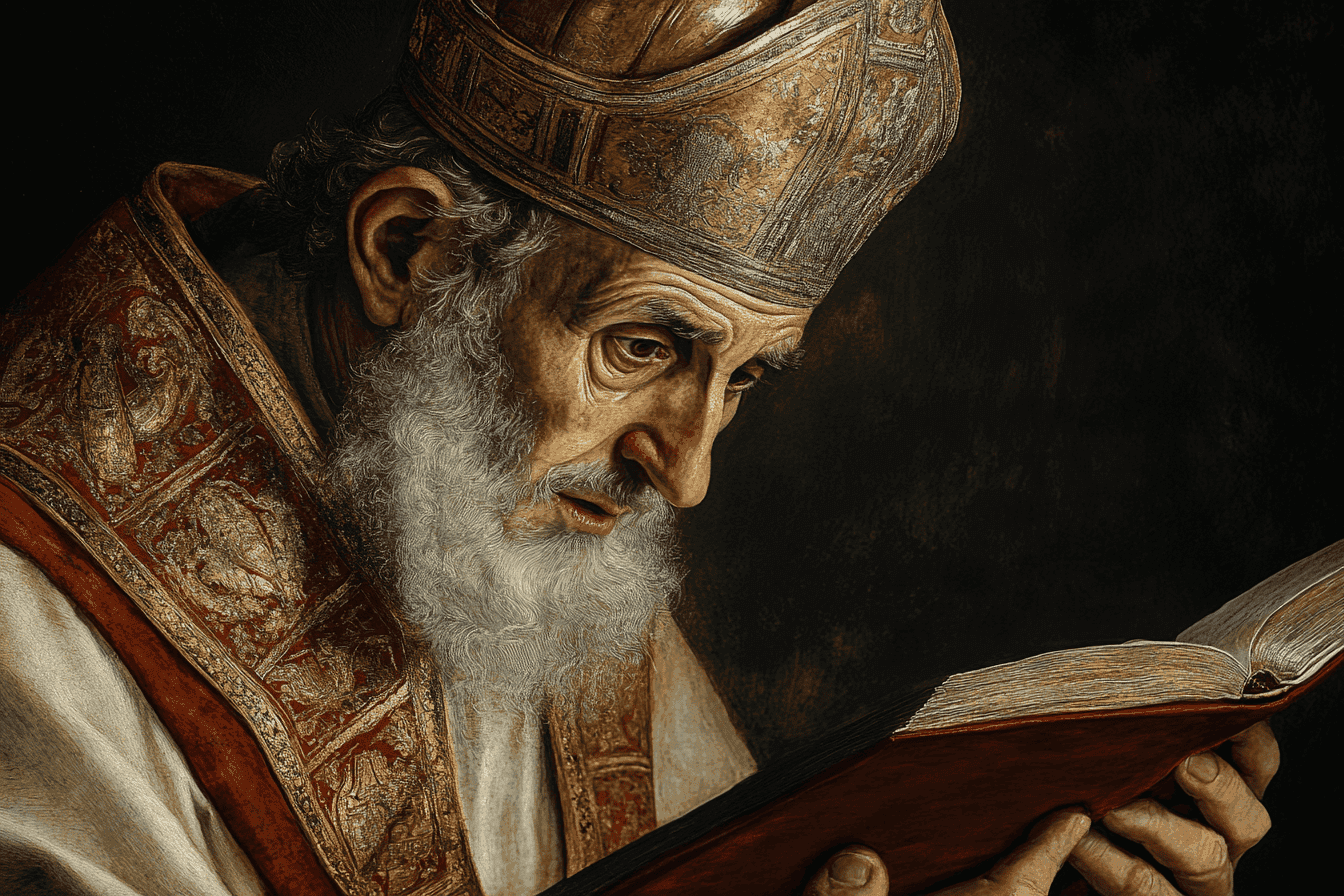
Pope Gregory I, commonly known as Gregory the Great, stands as one of the most influential figures in the history of the Catholic Church. Born around 540 AD in Rome, Gregory’s life and papacy would leave an indelible mark on Christianity and Western civilization.
Early Life and Political Career
Gregory was born into a wealthy Roman senatorial family, providing him with a privileged upbringing and excellent education. Following in his father’s footsteps, he embarked on a political career that saw him rise rapidly through the ranks of Roman administration. By the age of 30, Gregory had attained the prestigious position of urban prefect of Rome, effectively serving as the city’s mayor.
However, Gregory’s life took a dramatic turn following his father’s death. Feeling called to a religious life, he made the radical decision to abandon his political career and enter monastic life. This decision would prove pivotal, setting the stage for his future role as a church leader.
Monastic Life and Early Church Career
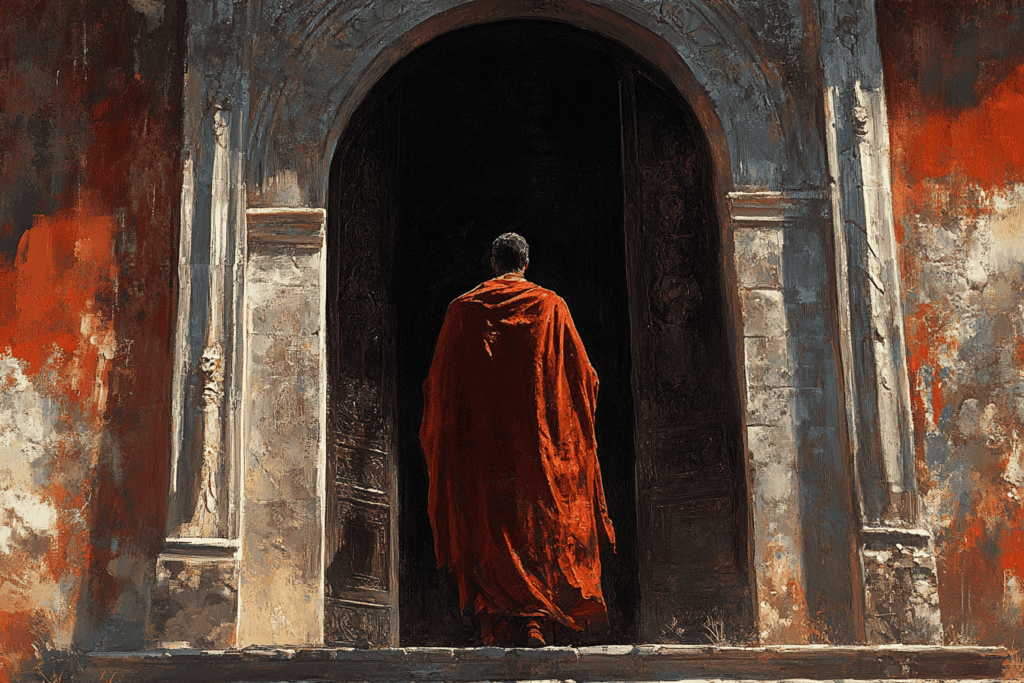
In 574, Gregory entered the monastery of St. Andrew, which he had established on his family estate. This period of contemplative life deeply influenced his spiritual development and would later inform his approach to church leadership. Gregory’s intelligence and administrative skills did not go unnoticed, and he was eventually appointed as the monastery’s abbot.
Gregory’s talents soon caught the attention of the papacy. Pope Pelagius II ordained him as a deacon and sent him to Constantinople as a papal ambassador or apocrisiarius. This diplomatic role provided Gregory with valuable experience in church politics and international relations, skills that would prove crucial in his future role as pope.
Ascension to the Papacy
In 590, following the death of Pope Pelagius II, Gregory was elected as his successor, becoming the 64th Bishop of Rome. Interestingly, Gregory was initially reluctant to accept this position, preferring the quiet life of a monk. He even attempted to flee Rome to avoid the appointment, but was eventually persuaded to accept what he saw as God’s will.
Gregory’s Papacy: A Time of Reform and Expansion
Gregory’s papacy, lasting from 590 to 604, was marked by significant reforms and initiatives that would shape the church and European society for centuries to come.
Missionary Efforts
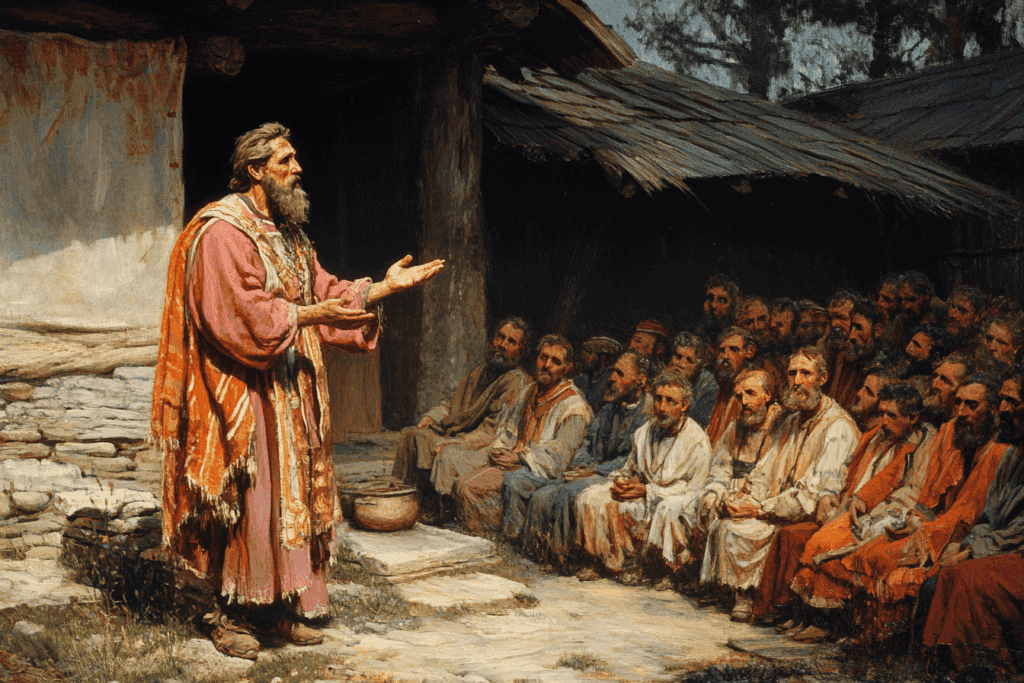
One of Gregory’s most significant achievements was his initiation of large-scale missionary efforts. In 596, he sent Augustine of Canterbury on a mission to convert the Anglo-Saxons in England to Christianity. This Gregorian mission marked the beginning of the systematic re-Christianization of Britain and would have far-reaching consequences for European history.
Theological Writings
Gregory was a prolific writer, producing more works than any of his papal predecessors. His writings covered a wide range of topics, from practical guides for church governance to spiritual commentaries and hagiographies. Among his most famous works are the “Pastoral Rule,” a guide for church leadership, and the “Dialogues,” which included accounts of saints’ lives.
While Gregory is not primarily remembered as a theologian, his writings had a significant impact on Christian thought. He emphasized the importance of pastoral care and the role of miracles in Christian life. His works also contributed to the development of the concept of purgatory in Western Christianity.
Gregory’s Impact on Church-State Relations
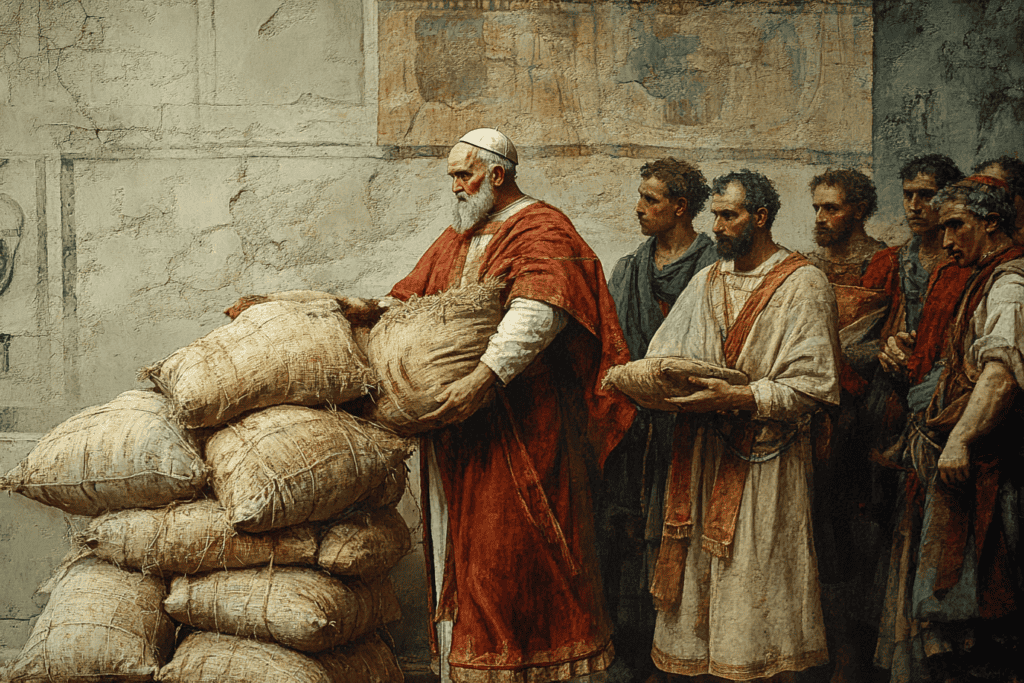
When Gregory ascended to the papal throne in 590, the Western Roman Empire had long since collapsed. Italy was fragmented, with the Lombards controlling much of the peninsula and the Byzantine Empire maintaining a tenuous hold on some coastal areas. Rome itself was in a precarious position, facing threats from invaders and struggling with economic decline.
The Church, too, was at a crossroads. While it had survived the fall of Rome, its relationship with the new political realities of Europe was still being defined. The papacy’s authority was not yet firmly established, and the balance of power between religious and secular leaders was in flux.
One of Gregory’s most significant contributions was the expansion of papal authority. He asserted the primacy of the Bishop of Rome over other bishops, laying the groundwork for the centralized papal power that would characterize the medieval Church.
Gregory also took on increased secular responsibilities. With the decline of imperial power in Italy, he found himself negotiating with the Lombards, managing the defense of Rome, and even overseeing the city’s grain supply. This expansion of papal duties into traditionally secular realms set a precedent for the temporal power of the papacy in later centuries
Social and Moral Reforms
Gregory’s concern for social justice was evident in his strong opposition to slavery and his efforts to protect the rights of Jews. He emphasized the importance of charity and personally set an example by using church resources to care for the poor and needy.
Legacy and Influence
Pope Gregory I truly earned his epithet “the Great.” His papacy marked a turning point in the history of the Catholic Church and Western civilization. Through his administrative reforms, missionary initiatives, and prolific writings, Gregory significantly enhanced the prestige and authority of the papacy. He asserted papal primacy while also maintaining diplomatic relations with the Byzantine Empire. His papacy marked a crucial step in the development of the papacy as a power that could rival and sometimes surpass that of secular rulers.




